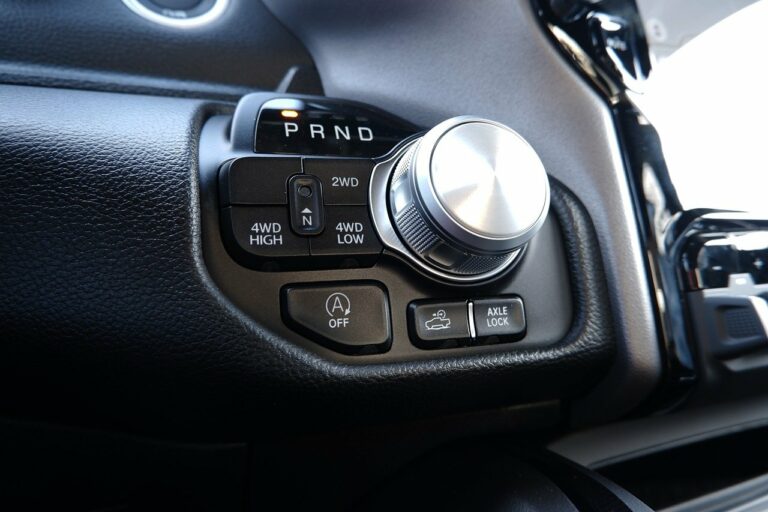Cybersecurity in Connected Cars: Protecting Consumer Data
As technology continues to advance, the integration of smart features in modern vehicles has become increasingly common. While these connected vehicles offer numerous benefits, they also pose significant challenges in terms of cybersecurity. Securing these vehicles against potential cyber threats has become a critical issue for manufacturers and consumers alike.
One of the primary challenges in securing connected vehicles lies in the complexity of their internal systems. With numerous interconnected components and communication channels, the attack surface for cyber threats is vast. Additionally, the constant need for software updates and patches to address vulnerabilities further complicates the task of ensuring the security of these vehicles.
Potential Risks of Data Breaches in Smart Cars
Smart cars have revolutionized the way we commute, offering convenience and connectivity like never before. However, with these technological advancements come potential risks of data breaches, posing a threat to the privacy and safety of drivers and passengers. Hackers can exploit vulnerabilities in the car’s systems to gain unauthorized access to sensitive information, such as location data, personal preferences, and even real-time driving data.
One major concern is the possibility of cybercriminals remotely taking control of the vehicle, putting lives at risk. By infiltrating the car’s network, hackers could manipulate critical functions like the brakes, steering, and acceleration, leading to catastrophic accidents. As smart cars become more prevalent on the roads, it is crucial for manufacturers to prioritize cybersecurity measures to prevent data breaches and ensure the safety of all individuals on the move.
Types of Cyber Attacks on Connected Cars
Cyber attackers have shown a keen interest in exploiting the vulnerabilities of connected cars, posing various risks to vehicle owners. One common type of cyber attack on connected cars is remote hacking, where malicious individuals can gain access to a vehicle’s systems from afar. This allows them to manipulate critical functions such as steering, braking, and acceleration, putting the driver and passengers in danger.
Another prevalent cyber attack on connected cars is the interception of wireless communications. By eavesdropping on the communication between a car and external devices, hackers can potentially gather sensitive data like personal information, location history, and even unlock codes. This breach of privacy not only jeopardizes the safety of the vehicle occupants but also opens the door to identity theft and other malicious activities.
Remote hacking is a common type of cyber attack on connected cars
Attackers can manipulate critical functions like steering and braking
Interception of wireless communications is another prevalent cyber attack
Hackers can gather sensitive data such as personal information and location history
Breach of privacy can lead to identity theft and other malicious activities
What are some common challenges in securing connected vehicles?
Some common challenges in securing connected vehicles include the complexity of the car’s software systems, the wide variety of connected devices within the vehicle, and the potential for remote access by cyber attackers.
What are the potential risks of data breaches in smart cars?
The potential risks of data breaches in smart cars include unauthorized access to personal information, location tracking, manipulation of critical vehicle systems, and even the possibility of physical harm to the vehicle’s occupants.
What are some types of cyber attacks on connected cars?
Some types of cyber attacks on connected cars include remote hacking of the car’s systems, malware attacks through infotainment systems or mobile apps, denial-of-service attacks that disrupt communication between the car and external networks, and even ransomware attacks that lock the vehicle until a ransom is paid.







